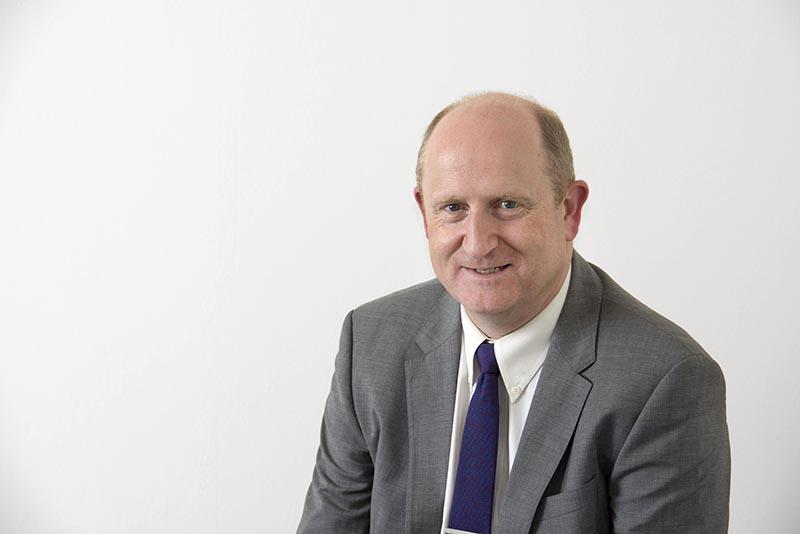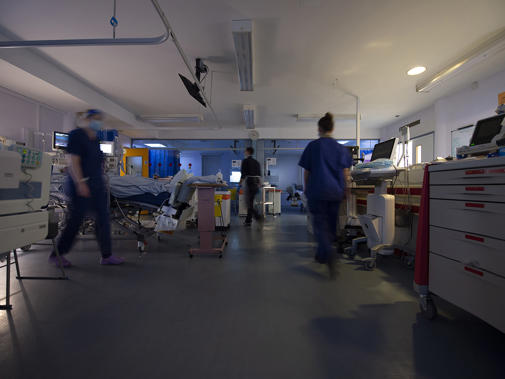Nominations open in January for the new-look BMA UK council – and you could be part of it.
UK council is the principal executive committee of the BMA, setting the strategic direction of the organisation in line with policy decided by the representative body.
It is responsible for formulation and implementation of
policy throughout the year between annual representative meetings.
Following a review of the way council members are elected, the BMA’s RB agreed at this year’s ARM to make changes to ensure members are better represented.
You’ve got a direct influence on issuesDr Bennie
The review, conducted by the organisation committee, was held in response to feedback from members, and from election scrutineers, who indicated the system was overly complex and confusing.
This resulted in a high number of spoilt or incomplete ballots. The new system increases the number of voting members from 55 to 69 (to include 40 geographical and 24 branch of practice seats, and five for people who self-identify as Black, Asian or minority ethnic).
The process for ex-officio (non-voting) members remains the same (these include senior officers of the BMA and chairs of committees and national councils).
Diversity reform
Under the new system, there will be one single ballot paper, and members will have the opportunity to opt out of being elected to a geographical or branch of practice seat.
Branch of practice seats will be allocated first, which means local representatives will have a better chance when they are up against colleagues with a high national profile.
The new model also ensures a better gender balance – increasing the chances that women will be elected and improving representation.
In constituencies that elect three members, no more than two can be of the same gender, while in five-seat constituencies, no more than three can be of the same gender.
Specific seats for doctors from Black, Asian or minority ethnic groups should also help to improve diversity. Again, no more than three out of five should be of the same gender.
 BENNIE: ‘I would definitely encourage members to stand’
BENNIE: ‘I would definitely encourage members to stand’
Under the new system, regions have been given an additional seat, as have junior doctors.
Medical students will be elected for just two years (with an additional mid-term election only for medical students). As a former chair of RB and of Scottish council, Peter Bennie had attended UK council for many years.
But when the last elections came along, he decided to stand – and is coming to the end of his four-year term as an elected member.
‘I would definitely encourage members to stand, and I would encourage everyone who is eligible to vote,’ says Dr Bennie, who has now retired as a consultant psychiatrist in Greater Glasgow, and who is a medical member of Scotland’s Mental Health Tribunal.
‘The BMA can seem quite a complex organisation, with a lot of different committees running different things.
'But the council is the ruling body – it’s the principal executive committee of the union, so that’s where the main influence over the BMA’s approach on the major issues of the day is.
'If you’re a member, particularly if you’re a voting member of BMA council, you’ve got a direct influence on issues such as Brexit, the NHS reforms (particularly in England), immigration, health and wellbeing of staff.’
Have your say
Members of council also have a significant influence over the internal workings of the BMA and its work, he adds.
In the last few years, this has included the decision to change the make-up of council to ensure greater diversity, and has also given members a say in the BMA’s work around major ethical issues, such as the survey of members’ views on the position the organisation should take over assisted dying.
‘Obviously the detailed work on that was done in the ethics committee, but the decisions on when and how to run that survey were taken at council level, and the follow on was allowing the ARM to arrive at a policy decision, which it did in autumn.’
COVID-19 ‘wasn’t on the radar’ when the last BMA council elections were held, but has dominated its work since March 2020.
It’s a great privilege to represent your colleaguesDr Bennie
‘The regular surveys of the membership were really useful in helping us make decisions on what to say about issues from supply of personal protective equipment to use of face masks,’ says Dr Bennie.
‘The council was taking decisions, not just at its meetings every two months, but frequently between meetings too. It did mean a lot of extra work, but I think everyone contributing to that was conscious of how important it was.’
Sitting on council also gives tremendous insight into the work of health services across the UK, he says, adding that it’s a great opportunity for members from devolved nations to share what is happening with their colleagues in other nations.
But that’s not all. ‘It’s a great privilege to represent your colleagues and being able, as much as you can, to influence what the association does on behalf of doctors. It’s a very worthwhile thing to do.’
Main image by Ray McCrudden

